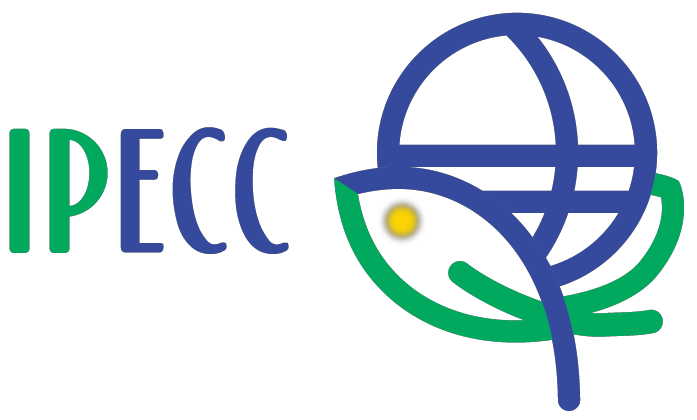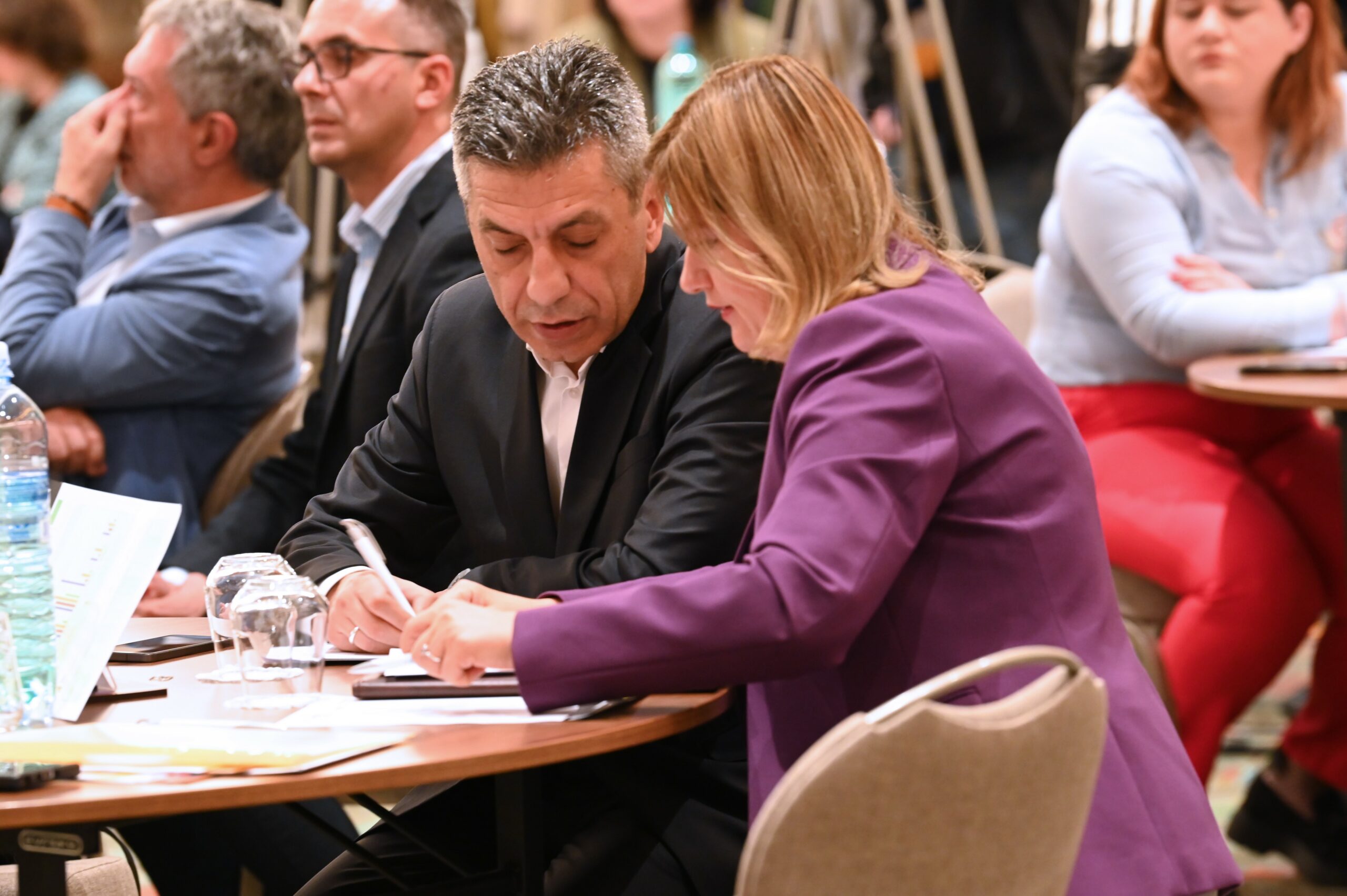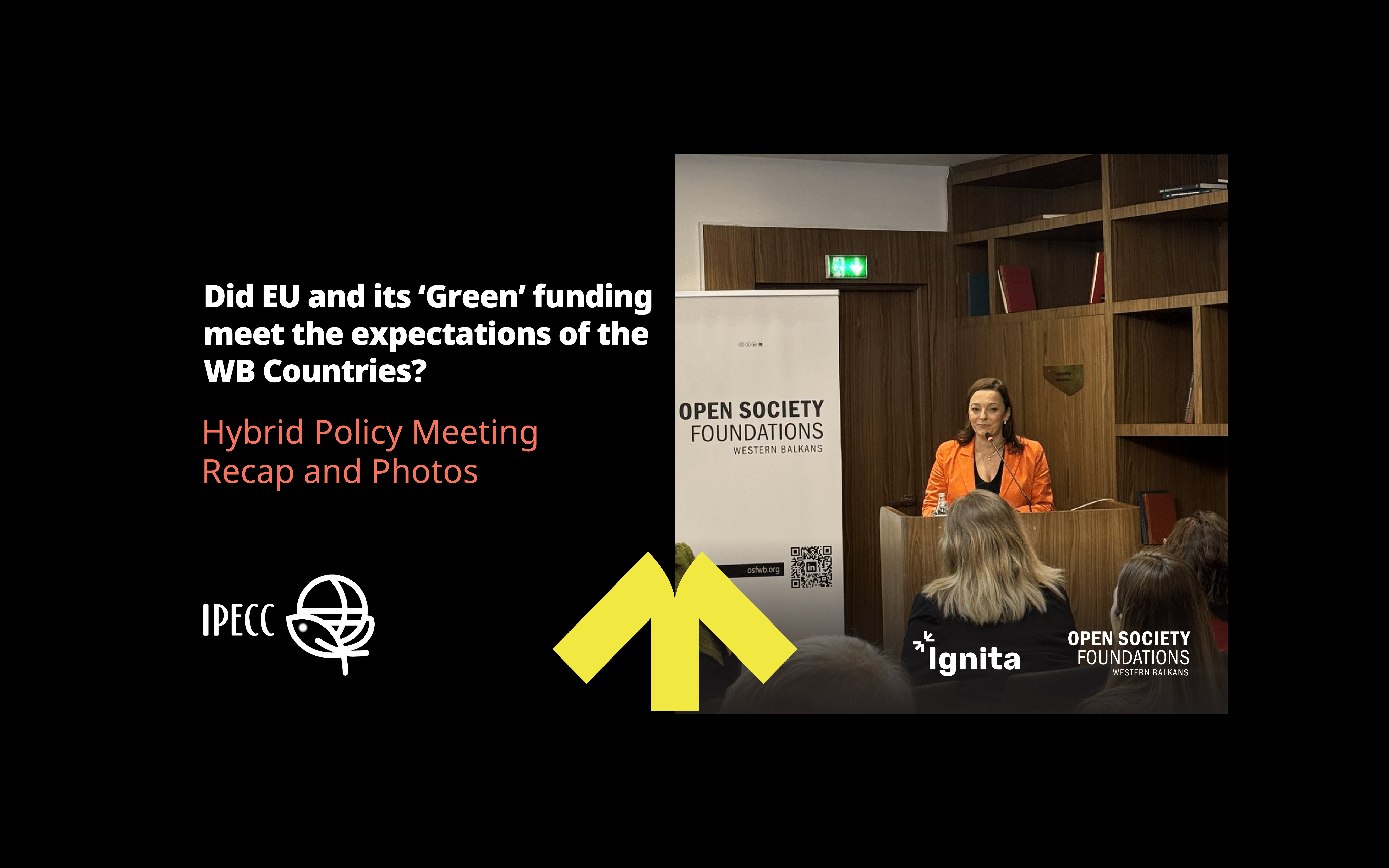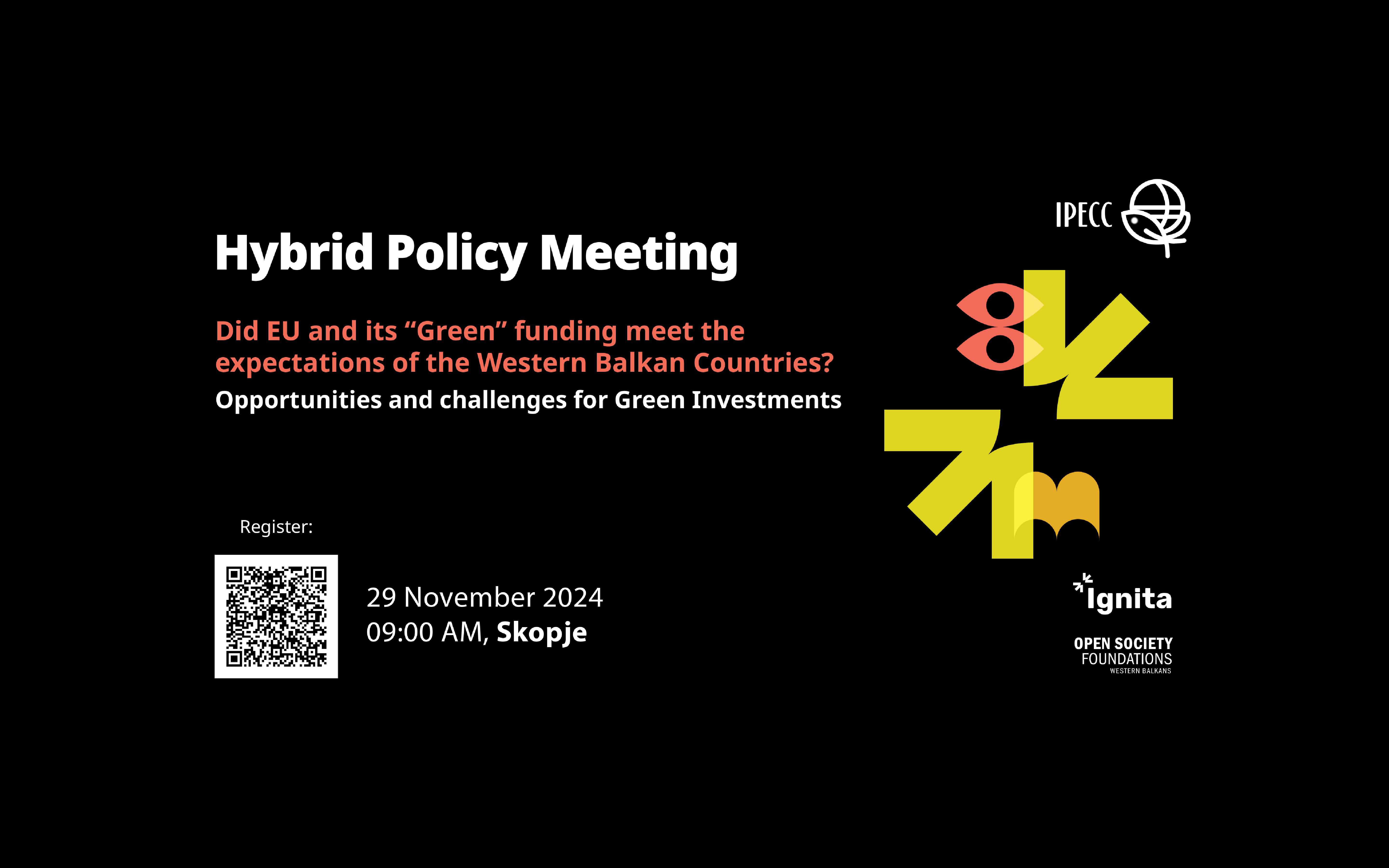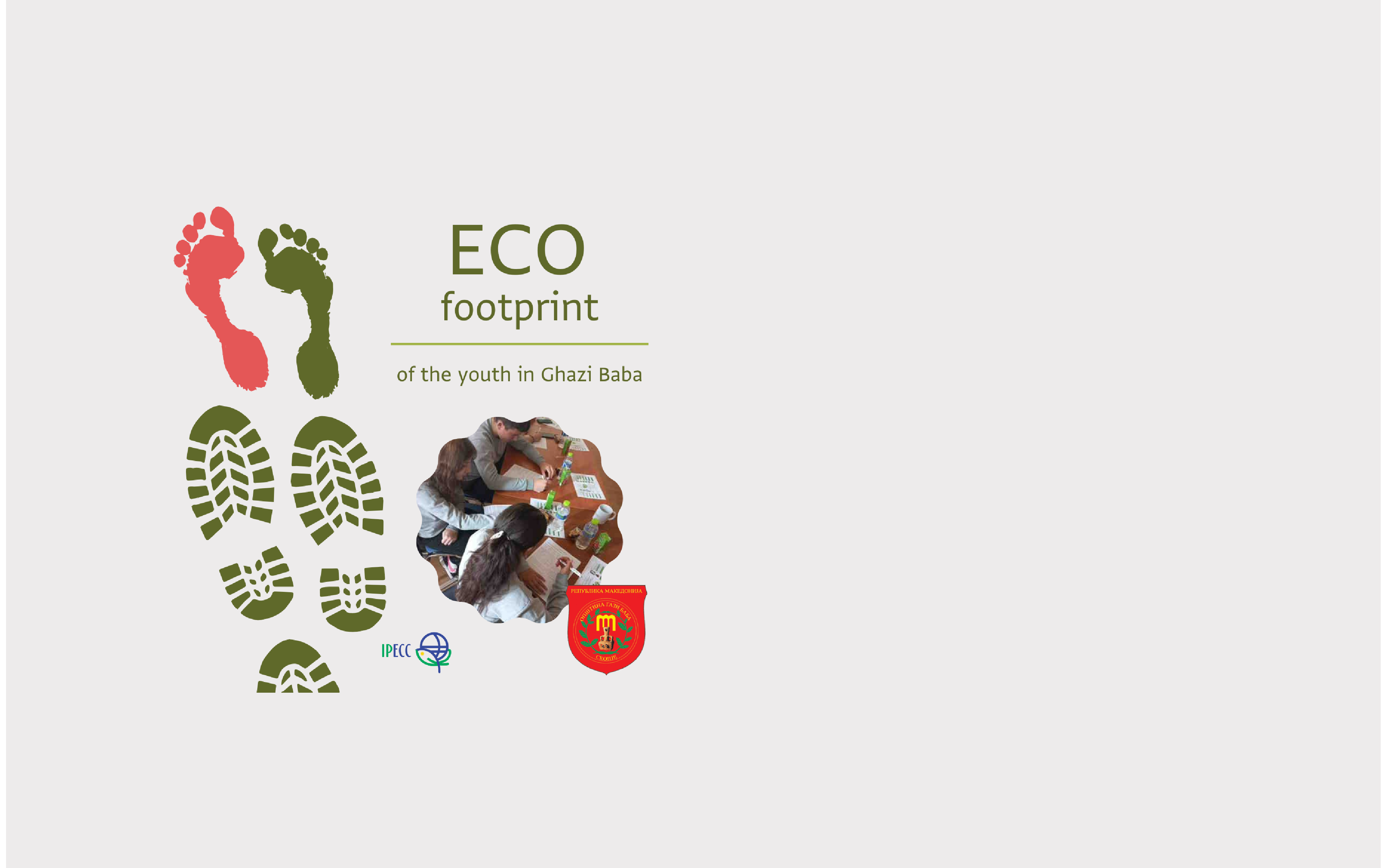In the preparation for the upcoming Berlin Process Summit in October 2023 in Tirana, the Institute for Good Governance and Policies in the Environment and Climate Change – Skopje (IPECC) on 5 September organized the second thematic consultation meeting, this time on the topic of “Good Governance in Environment”.
CSO representatives and members of the thematic working group “Climate and Green Agenda”, as part of the Forum for Civil Society and Think Tank Organizations for 2023, together with experts from Western Balkan (WB6) countries and EU representatives discussed the key issues for good governance in environment as a strongly relevant topic in acceleration the path towards greener economies, implementation of the Green Agenda for the Western Balkans, EU integration and acquiring climate neutral society.
The participants were welcomed by Jadranka Ivanova, representative of IPPEC, while the meeting was moderated by Ornela Cuci, where Ivana Vojinovic, Centre for Climate Change, Natural, Resources and Energy of University of Donja Gorica was rapporteur. The meeting was addressed by the panellists Mark Jorna, Senior expert in the Western Balkans Policy and Regional Strategy unit of DG NEAR, European Commission, Teodora Obradovic Grncarovska- State counsellor responsible for climate and Special Advisor to the Minister for Environment and Physical Planning of the Republic of North Macedonia, Genti Xhaxhiu, Programme Manager- Coordinator, ReSPA, Marv Barbullushi, Expert on Green Agenda for the Western Balkans, RCC, Dusica Perisic, Executive Director, Association of Units of Local-self Government of North Macedonia (ZELS) and Jana Belcheva Andreevska, Smart City and Digitalization Officer, NALAS: Network of Associations of Local Authorities of South-East Europe.
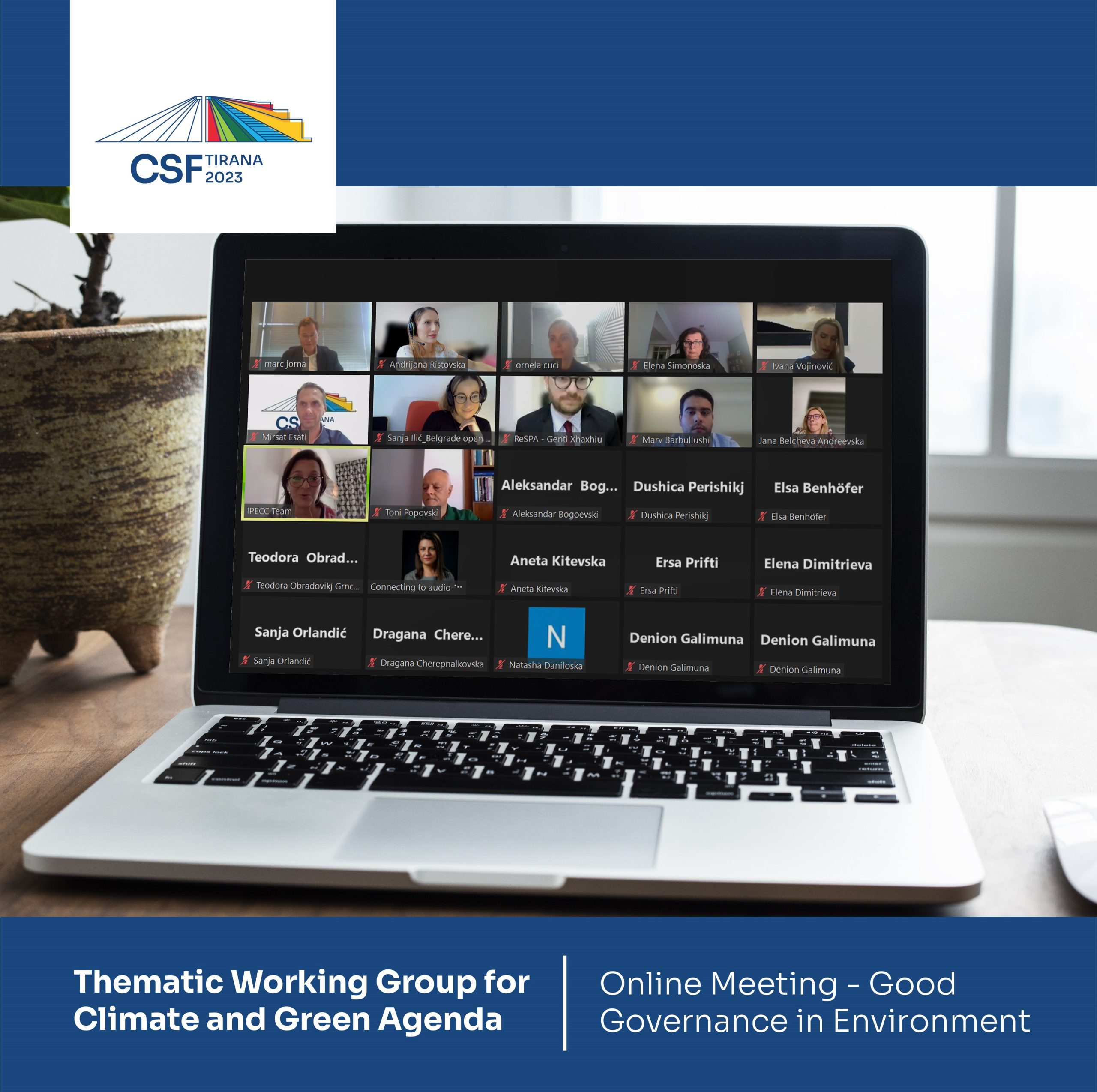
In relation to the EU negotiation process and according the revised EU Enlargement Methodology, two chapters, Chapter 22 and Chapter 27, are particularly relevant to the good governance in environment. That is to say, all WB6 countries must achieve institutional competence and developed strong and dedicated administrative capacities for implementation of the complex EU environmental and climate change acquis, both on national and on local level. The enforcement capacities (inspections, prosecutors and judges) that enable proper compliance and implementation of the relevant legislation are equally important. Additionally, enhancing the administrative structure responsible for the management of EU IPA funds, along with reinforcing the control and audit systems for the utilization of these funds, is indispensable. Effective management of EU IPA funds, as well as funds from other donors, are much needed in the WB6 countries for meeting EU requirements in environmental and climate sector.

Participants agreed that the WB countries need to allocate significantly more human resources and increase their capacities through delivery of targeted trainings, as well as to hire additional experienced staff at central and local level for environment and climate change. Establishing institutional setup, capable of managing current EU and the future cohesion funds is also crucial for the EU integration prospect of the WB6 countries. Participants also recommend collaboration of national and local authorities with universities for data gathering, research and decision making, as a way to bridge the lack of internal expertise.
The private sector also plays a significant role in implementing EU acquis, so it’s crucial for both the WB6 countries and the EU to support them in improving their environmental performance and making sure they can access the necessary funds. Furthermore, integrating Sustainable Development Goals, addressing population migration issues, and harnessing innovation and data driven decisions making are essential elements of good governance that the WG6 countries should endorse. Transparency is yet another cornerstone of good governance, and it should be upheld by the governments of the WB6, allowing ample room for the actions of Civil Society Organizations (CSOs).
It is evident that path to good governance in the environment requires considerable stakeholders’ collaboration on all levels, capacity building and innovation as key drivers in achieving the green objectives set by the EU acquis and become climate neutral society.
The Institute for Good Governance and Policies in the Environment and Climate Change – Skopje (IPECC) leads the thematic working group “Climate and Green Agenda”, as part of the Forum for Civil Society and Think Tank Organizations for 2023 (CSF) within the framework of the 2023 Berlin Process.
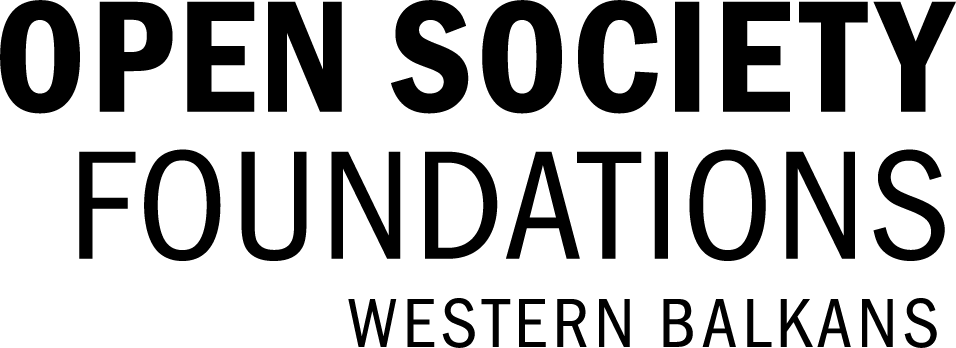
The Open Society Foundations – Western Balkans (OSFWB), mandated by the Government of Albania as the current holder of the Presidency of the Berlin Process, and in collaboration with the Hellenic Foundation for European & Foreign Policy (ELIAMEP) and with the Cooperation and Development Institute (CDI), is organizing this year’s Civil Society & Think Tank Forum (CSF). The CSF, organized as part of the Berlin Process Summit to be held in October 2023 in Tirana, aims to foster regional cooperation, strengthen EU-related reforms and support the accession process of the Western Balkan countries.
